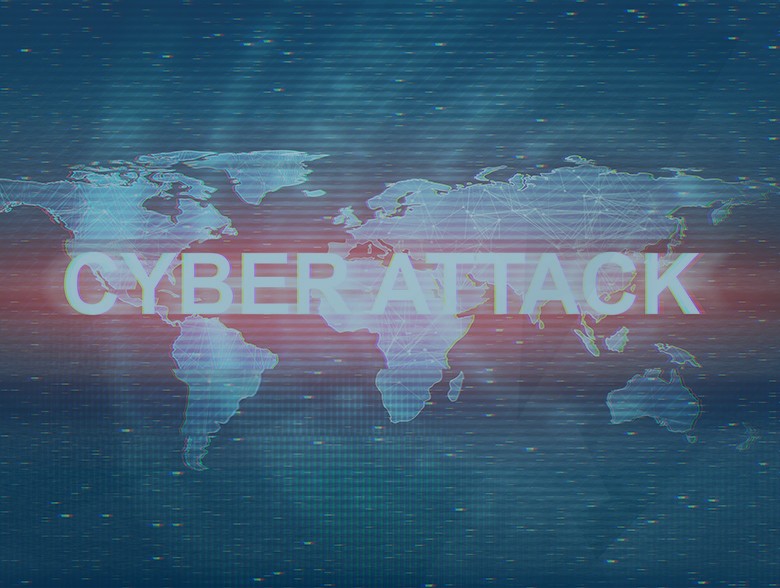Russian hacking efforts have highlighted weaknesses in U.S. cybersecurity infrastructure.
By Jamie Eiseman, George Washington University
Russia is invading Ukraine, and Russian hackers are attacking the United States. In October, a Russia-affiliated hacker group known as Killnet launched an attack that took down several U.S. airport websites. The group also sounded a rallying cry to anti-U.S. hackers, and leaked lists of vulnerable American websites. Combatting Russian hacking must become a priority for U.S. national security.
Russian entities have conducted a consistent stream of large and small scale attacks in recent years. They have endangered sensitive information of millions of Americans and cost companies’ massive amounts of money. Their attacks include the 2015 Office of Personnel Management hack, the 2016 election breaches, and the 2020 SolarWinds compromise. Americans are in danger. U.S. infrastructure is in danger. Our data and money are in danger.
The U.S. needs to focus on better information-sharing and coordination between the public and private sector to improve detection and response capabilities. The nation needs to focus on growth of the cybersecurity workforce. Finally, the U.S. needs to focus on implementing existing cybersecurity legislation, including offering federal incentives and providing oversight to ensure proper execution throughout the private sector.
Better information-sharing and coordination will result from following necessary protocols to protect national security interests. One key step would be convening the Cyber Safety Review Board, as described in Executive Order 14028. It would evaluate cybersecurity incidents at all levels and make recommendations for improvements, such as better encryption methods or multi-factor authentication processes. This multiagency effort for information-sharing and collaboration needs to take place quickly in order to prevent further Russian infiltrations.
The administration needs to grow the cybersecurity workforce. It must promote a uniform training standard that enables mobility of cybersecurity professionals. It should also support a robust system for rewarding talent. These steps, sustained over time, will attract highly specialized and experienced private sector professionals to employ their skills for the government’s benefit.
Greater oversight and collaboration with private entities would also close several gaps in the current federal cyber infrastructure. The government needs to incentivize the implementation of the National Initiative for Cybersecurity Education (NICE) framework to train both new and current employees. This Initiative would allow for the creation of uniform employment standards and training procedures for cybersecurity professionals across all sectors, and subsequently increase mobility between public and private roles. The training should be conducted at the federal level and offer certification of some form that is recognized and respected by both private and public sector employers. These incentives should also extend to providing adequate reports of identified incidents and vulnerabilities with recommendations for improvement.
Critics worry about the security risks of increasing private sector involvement. This concern is not new and the government has already developed several services such as the Enhanced Cybersecurity Services (ECS) and Automated Indicator Sharing programs to address it. These programs serve to prevent malevolent actors from accessing information shared with private entities and inform the relevant authorities of malicious action attempts. In essence, the priority for the intelligence community is improving cybersecurity infrastructure. That means combatting the risks of including the private sector in the process.
The best way for the United States to respond to Russia’s cyber-attacks is through greater collaboration between the private and public sectors. Bringing them together will reinvigorate U.S cybersecurity infrastructure and defenses. Better information-sharing and coordination between the public and private sector will improve detection and response capabilities. This united effort will save money, defend our values, and keep the American people safe.
About the Author
 Jamie Eiseman is a Security Policy Studies graduate student at the George Washington University. She completed her undergraduate degree at the University of South Florida in Political Science and International Studies in 2019. Jamie can be reached online at [email protected].
Jamie Eiseman is a Security Policy Studies graduate student at the George Washington University. She completed her undergraduate degree at the University of South Florida in Political Science and International Studies in 2019. Jamie can be reached online at [email protected].


